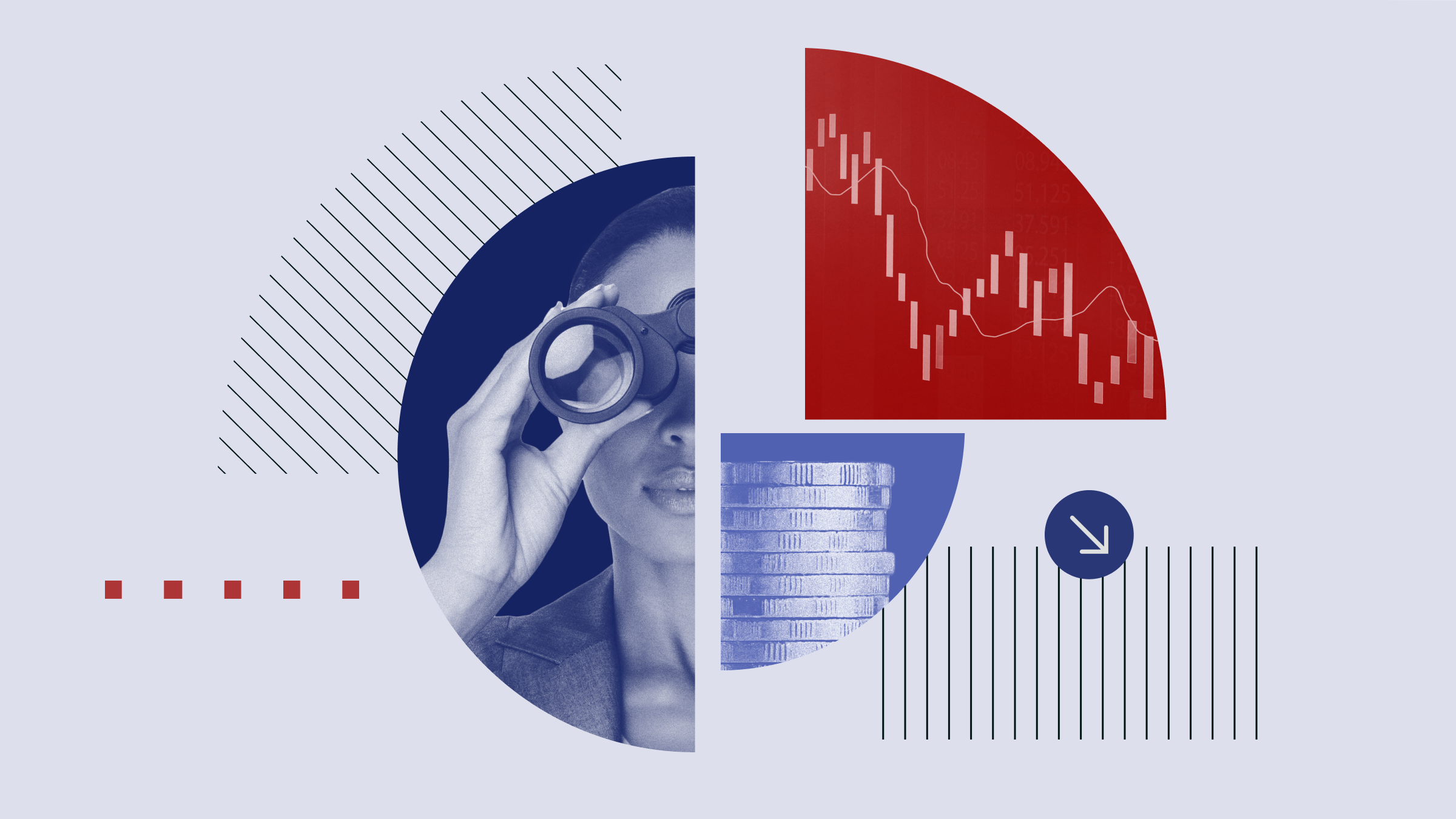SABMiller (SAB) and Anheuser-Busch today revealed that A-B InBev has approached SABMiller's board of directors regarding a proposed bid. SAB's London-traded stock surged 20% immediately following the news, while A-B InBev rallied 7%.
We think the combination of ABI and SAB would create a very powerful business that, based on cost advantage, would possess one of the widest moats in the consumer staples space. We are reiterating our £36 and $55 fair value estimates for SAB's ordinary shares and ADRs respectively, as well as our €112 and $126 valuation of A-B InBev's local shares and ADRs, until more is known about the likelihood and terms of a deal.
We are unsurprised by the timing of this announcement. Although rumours of the deal have been rife for several quarters, we always saw valuation as the barrier to execution. A-B InBev's management have demonstrated strict financial discipline in previous deals, and we believe they were waiting for a more attractive valuation of SABMiller before making their move. For that reason, we would be surprised if the eventual acquisition price exceeded £ 40 per share, assuming $1billion in annual cost savings.
This would value SABMiller at around 15 times fiscal 2017 EV/EBITDA, slightly above historical transaction valuation in the beer industry. The deal is likely to be at least 40% financed by stock, in order to allow major shareholders Altria and the Santo Domingo family to retain an economic interest in the brewing industry.
A combined "SAB InBev" entity would generate annual volumes in the order of 780 million hectolitres of beverages, over 4 times the 181 million hectolitres sold by Heineken in 2014. Brewing is an industry in which economies of scale are easily generated because the manufacturing and distribution process is largely homogeneous across segments and brands. Scale of this size, particularly on A-B InBev's global procurement platform, is likely to create a cost advantage that no competitor can match.






























